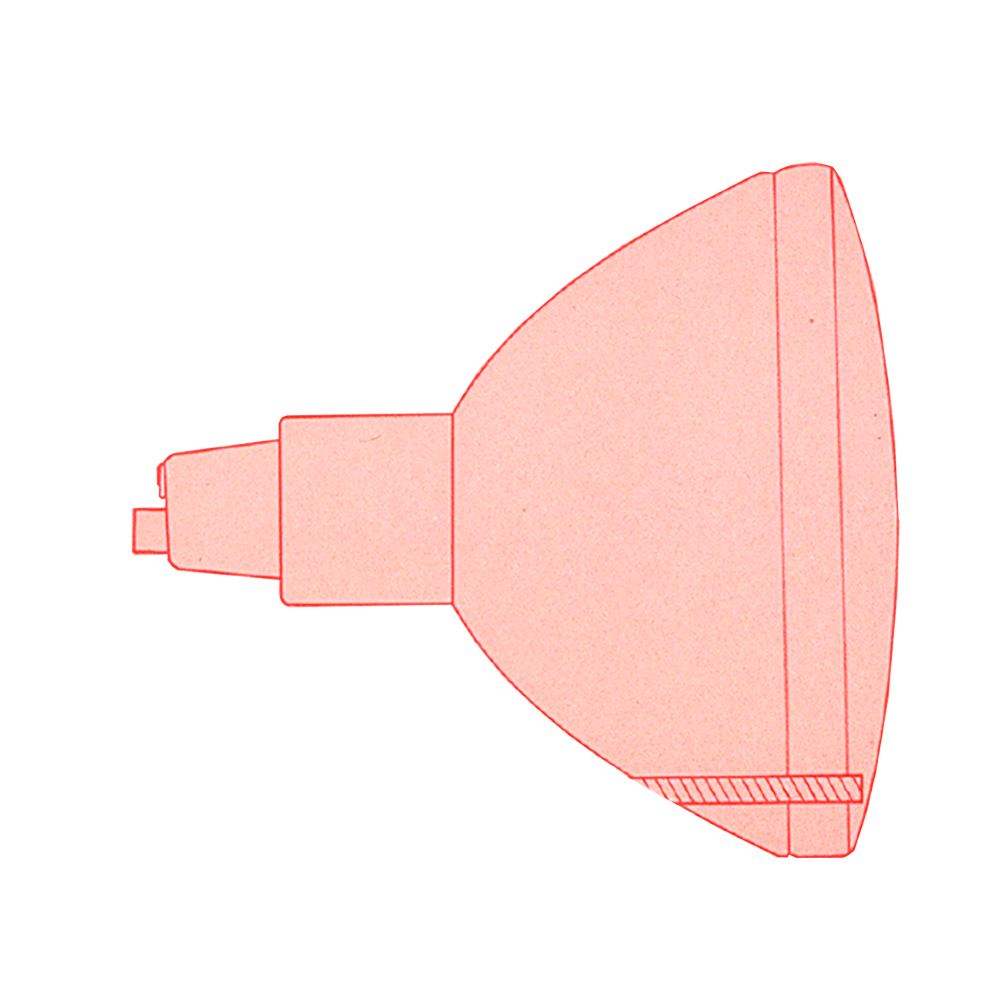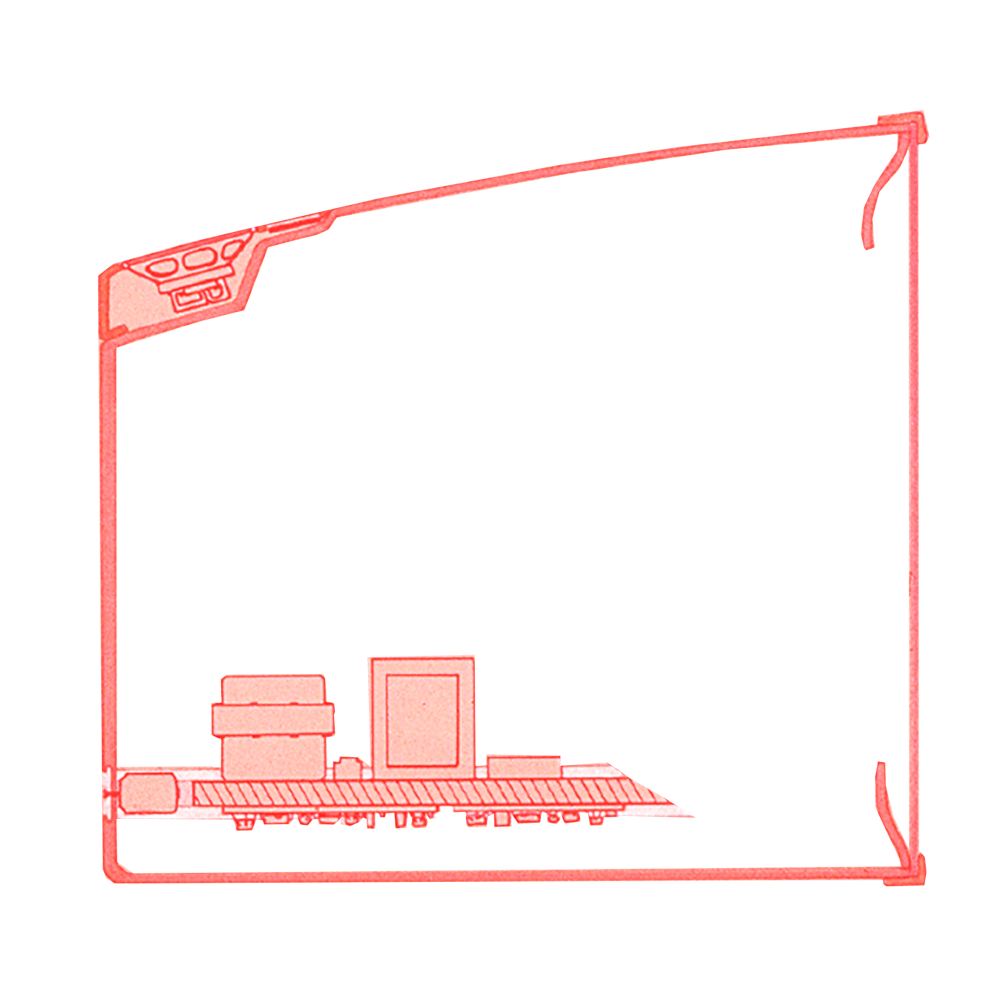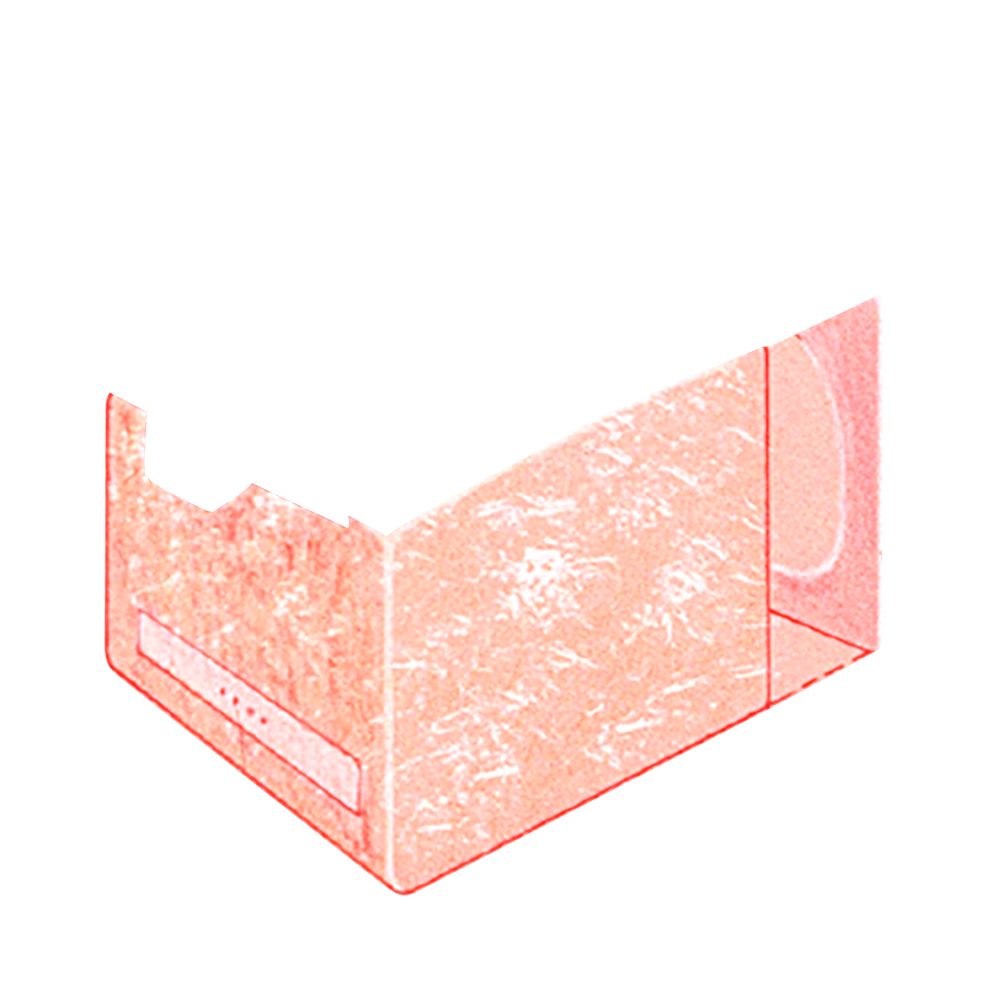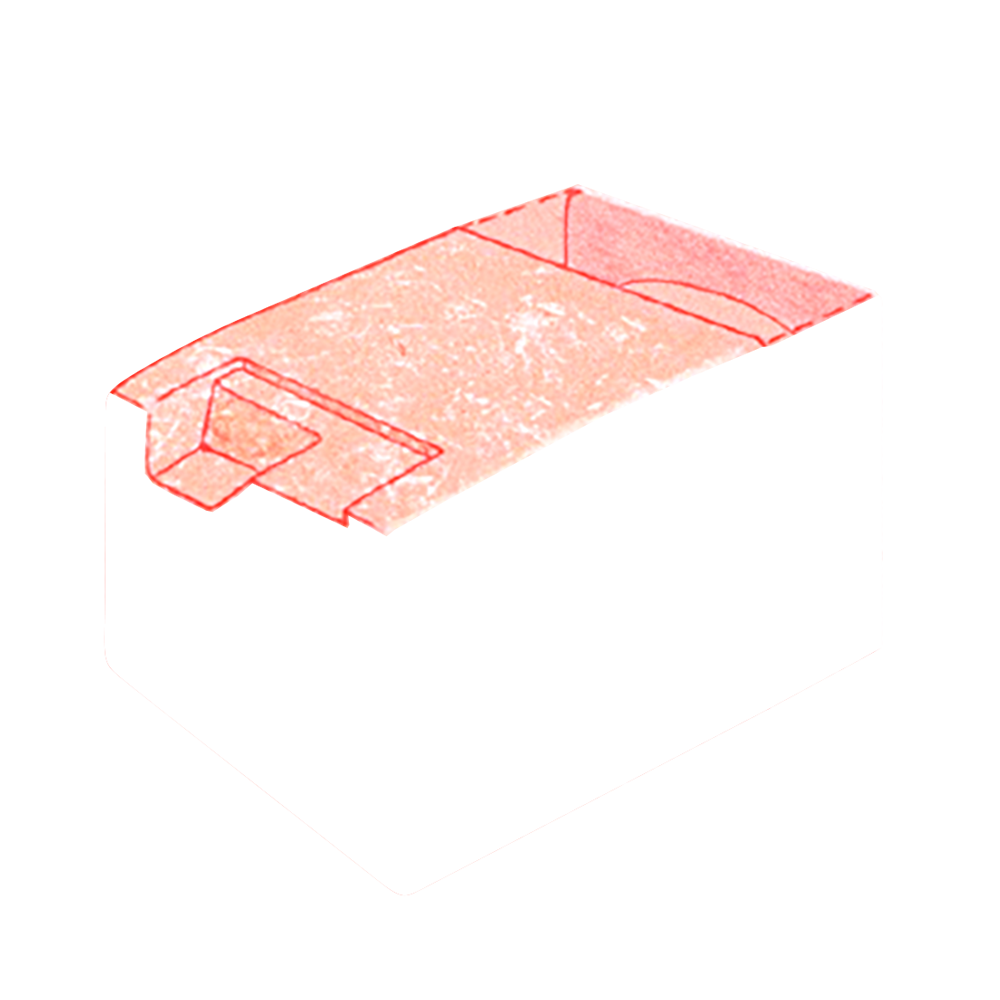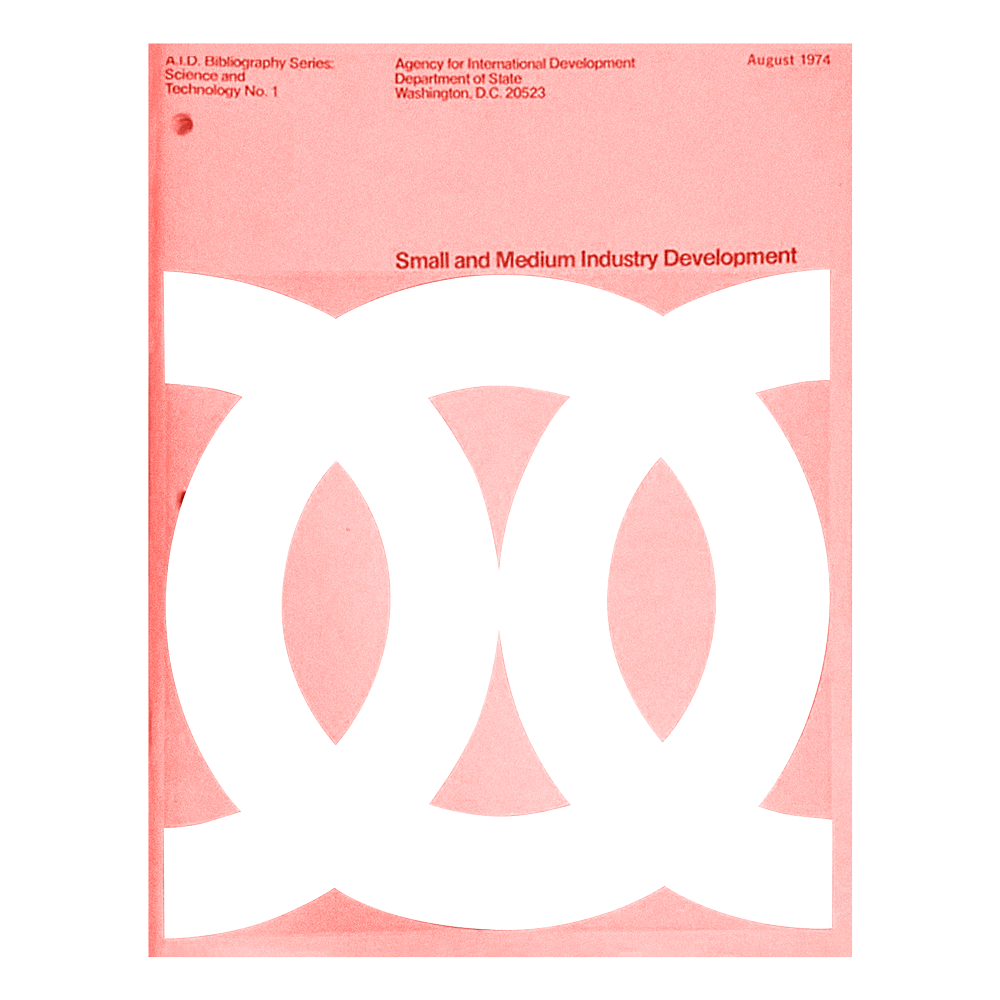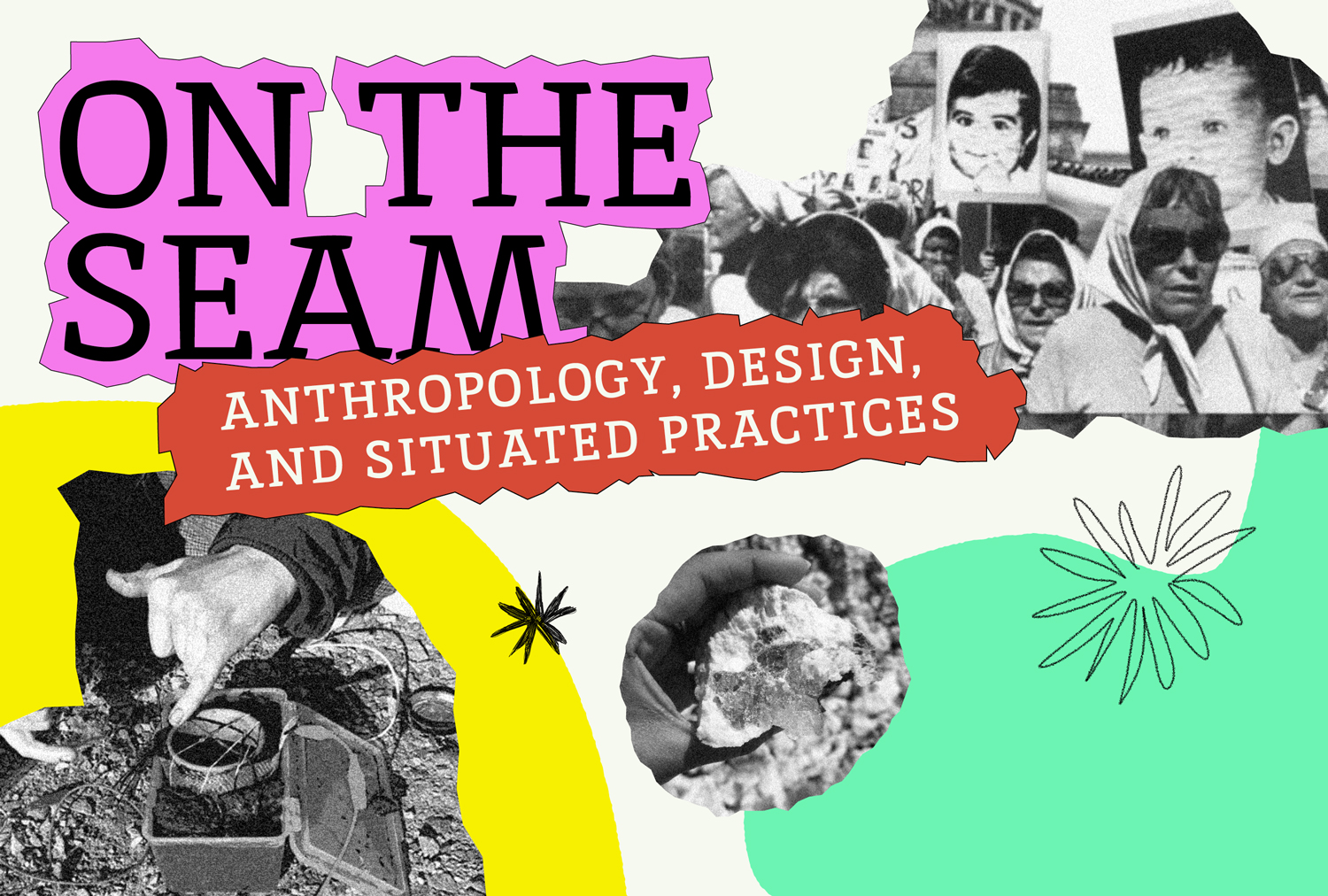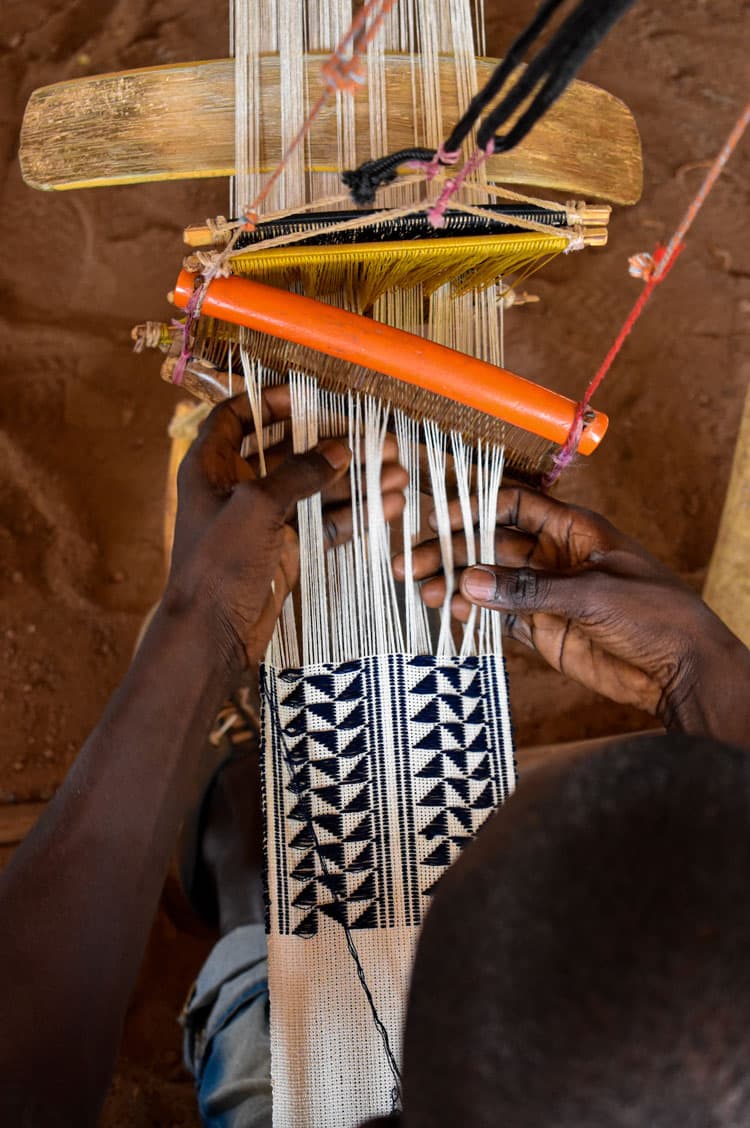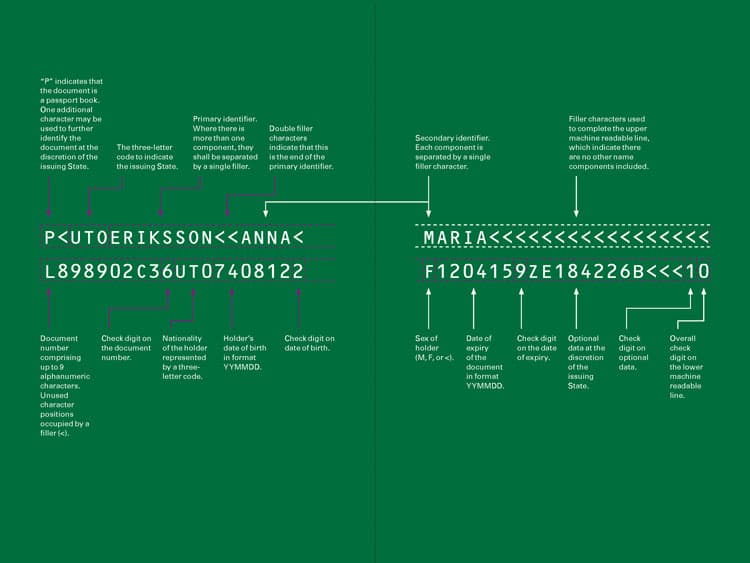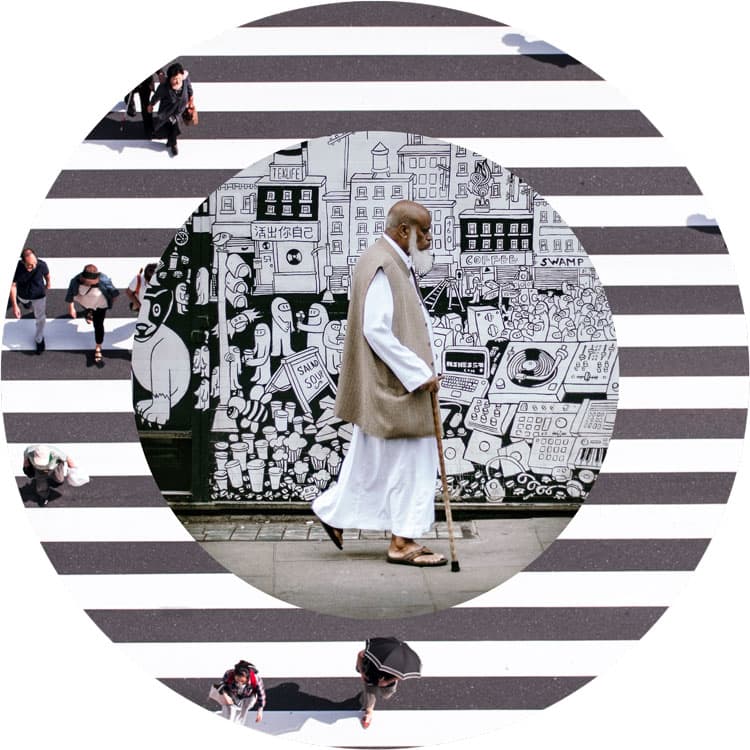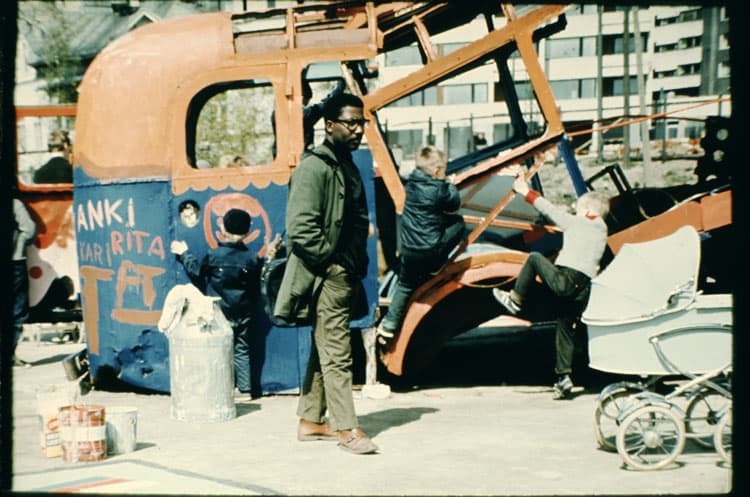Team
Alison J. Clarke, Principal Investigator
Univ. Prof. Dr. Alison J. Clarke is Principal Investigator of the FWF Project Design Anthropology: Cold War Industrial Design and Development, Chair of Design History and Theory and Director of the Papanek Foundation, University of Applied Arts Vienna. As an academic working across social anthropology (PhD, University College London) and design history (MA Distinction, Royal College of Art, UK), her research critically explores the contemporary and historical intersections of design, material culture and anthropology. Clarke’s research has been supported by grants from international bodies including: the Graham Foundation, Smithsonian Institution, Botstiber Institution, Austrian Science Fund and the Arts and Humanities Research Council. Previously Principal Investigator for the FWF project Victor J. Papanek: Émigré Networks and the Founding of Social Design, she publishes, lectures, curates and broadcasts internationally in the areas of design history and anthropology and is a fellow of the Royal Historical Society and the Royal Anthropological Institute.
As Principal Investigator, Clarke focuses on how industrial design stood at the forefront of the negotiation and materialization of transnational legacies of decolonisation and modernisation; and design's crucial agency as the principal driver of development policy in the twentieth century. Her research examines ways in which, from the mid-1950s through to the late 1970s, social science uniquely cojoined with design, transforming design from a practice dominated by industrial rationalism to one with an overt social and political agenda applied to decolonising nations of the Global South. Based on extensive original archival research, it questions how we might understand the legacies of technological schemes enacted under the rubric of humanitarianism and development.
Heng Zhi, Post-Doctoral Researcher
Dr. Heng Zhi is a Senior Lecturer in the Department of Design History and Theory, University for Applied Arts Vienna and a FWF Post-Doc Researcher on the research project Design Anthropology: Industrial Design and Development. She has previously served as a Curator of the Collection at Vitra Design Museum, Weil am Rhein, an Assistant Professor in the Manual and Material Culture Programme, New Design University, St. Pölten, and a lecturer in the Design and Context Programme at the Academy of Fine Arts, Vienna.
Having conducted extensive field research on China's design policy and the culture of copy in her doctoral research, Heng's current research focus lies in the evolving role design plays in underpinning development policies in the Global South, focusing on the cooperation and power relations between China and Africa in the field of design and digital innovation. Her research contribution to the project focuses on the modes of creative design with which China asserts its soft power in the Global South, and how these approaches are negotiated in the African local context. It considers both state-sanctioned projects following a Western modernist approach, and collaborations inspired by the Shenzhen open-innovation model. By investigating South-South perspectives of design innovation such as the "designed in Africa, made in China" approach, this project offers insights into the networks, mechanisms, and politics of design beyond the Western-dominated narrative.
Anna N. Nagele, Post-Doctoral Researcher
Dr. Anna N. Nagele is Senior Scientist in the department of Design History and Theory, University of applied Arts Vienna and Post-doctoral Researcher on the FWF research project Design Anthropology: Cold War Industrial Design and Development. After studying International Business Administration and Innovation Management and working as a design consultant, she obtained her PhD in Media and Arts Technology at the School of Electronic Engineering and Computer Science, Queen Mary University of London. She is an Associate Lecturer in Design Management at London College of Communication, UAL.
Her post-doctoral research focuses on the limitations of western, human-centred design paradigms in digital innovation as it is largely based on design anthropological research. She investigates how these industrial and governmental design anthropological practices risk perpetuating existing societal inequalities by looking at them through feminist, decolonial lenses. Asking how knowledge is produced and perpetuated, by examining the power imbalances implicit to dominant socio-technical imaginaries and future visions, Nagele considers marginalised positions and local knowledge to understand how anthropology and design could be mobilised collaboratively towards shaping more inclusive digital worlds. Her research contributes to a more responsible design of emerging technologies by reimagining digital futures through the ontological turn in design and anthropology; ultimately creating space for more just, situated, and pluralised ways of inhabiting the world.
International Advisory Board
Prof. Er Alpay, Özyegin University, Istanbul, Turkey
Dr. Adam Drazin, University College London, United Kingdom
Prof. Tanishka Kachru, National Institute of Design, Ahmedabad, India
Prof. Claudia Mareis, Humboldt University, Berlin, Germany
